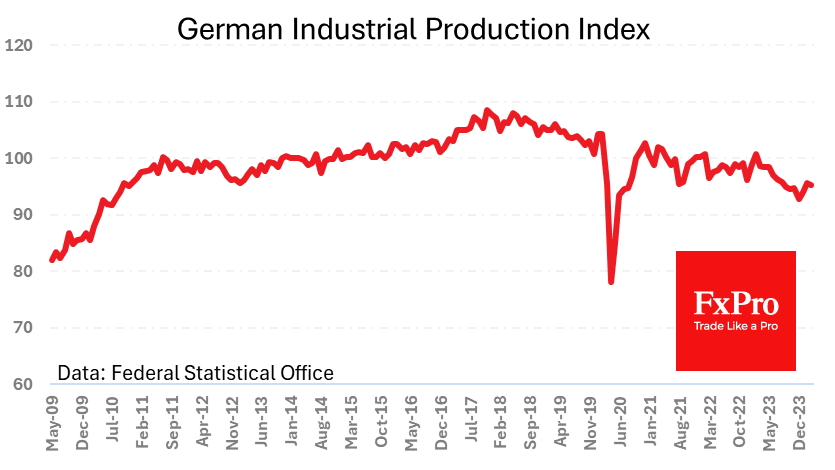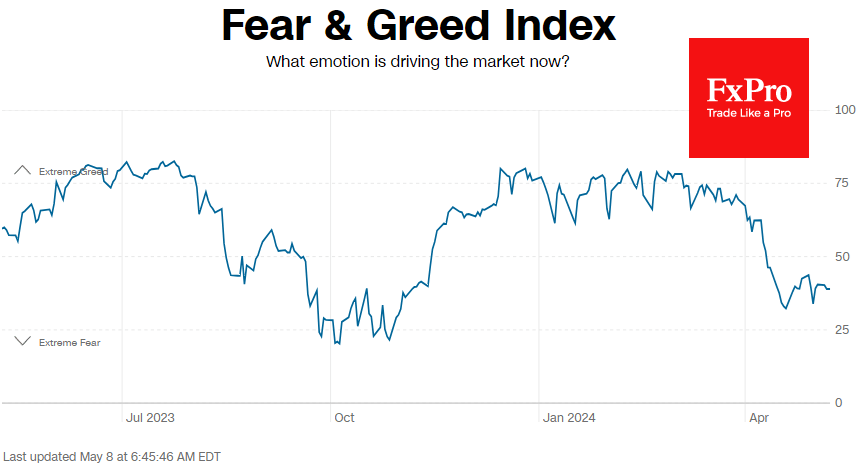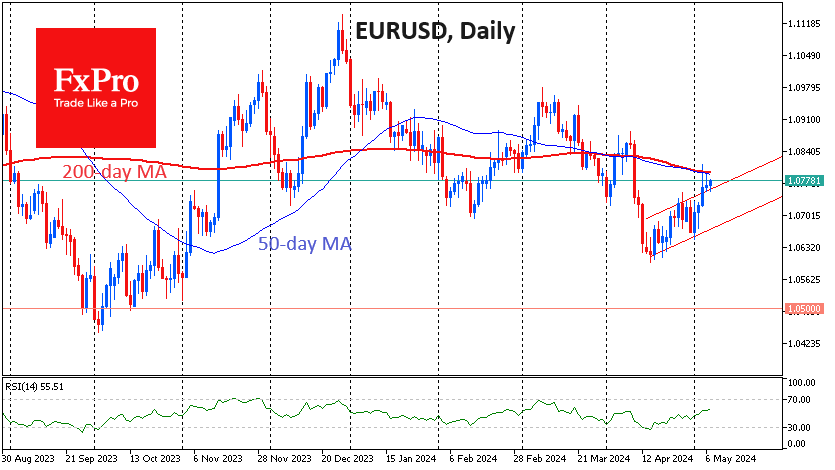Jeff Bezos reaches space on Blue Origin’s first crewed launch
July 20, 2021 @ 20:34 +03:00

For 10 minutes and 10 seconds on Tuesday, Jeff Bezos wasn’t the richest man on Earth. His Blue Origin company launched him into spaceflight history on Tuesday. Its first crewed New Shepard rocket blasted off from the Texas desert for the brief flight, also carrying his brother and the oldest and youngest people to ever have flown in space.
The capsule carrying the Blue Origin crew accelerated to more than three times the speed of sound before it reached beyond the 80 kilometer boundary (about 262,000 feet) the U.S. uses to mark the edge of space. The crew capsule reached an altitude of 107 kilometers (351,210 feet), and the rocket hit a top speed of 2,233 mph during the launch.
The crew floated in microgravity for a couple minutes, before the capsule returned and landed under a set of parachutes to end the mission after 10 minutes and 10 seconds. The launch marked Blue Origin’s entrance into the market of private spaceflight, joining Richard Branson’s Virgin Galactic — its direct competitor in the sector of suborbital tourism — and Elon Musk’s SpaceX.
New Shepard’s launch represents a milestone in its progress toward Bezos’ vision. He founded Blue Origin with the goal to create “a future where millions of people are living and working in space to benefit Earth.” The New Shepard rocket and the capsule that rides atop it are reusable, capable of launching, landing, and launching again multiple times. The rocket system is in many ways a pathfinder for Blue Origin’s other, larger scale projects — such as its orbital New Glenn rocket.
The company’s only direct competition in the market of launching space tourists to the edge of space is Branson’s Virgin Galactic, a sector known as suborbital tourism. SpaceX is preparing to launch its first private mission in September, called Inspiration4, but Musk’s company sends its capsules further into space on multiday flights, in what is known as orbital tourism.
Blue Origin’s auction may have netted $28 million, but a seat on a suborbital spacecraft is typically much less expensive. Virgin Galactic has historically sold reservations between $200,000 and $250,000 per ticket, and more recently charged the Italian Air Force about $500,000 per ticket for a training spaceflight. The tourism market is a nascent slice of the more than $420 billion space economy. Yet its high profile — given the much more thrilling human element — means it has a powerful and widespread influence over the space industry, with investors often pointing to astronaut flights as driving excitement about the broader implications of the extraterrestrial marketplace.
Jeff Bezos reaches space on Blue Origin’s first crewed launch, CNBC, Jul 21







